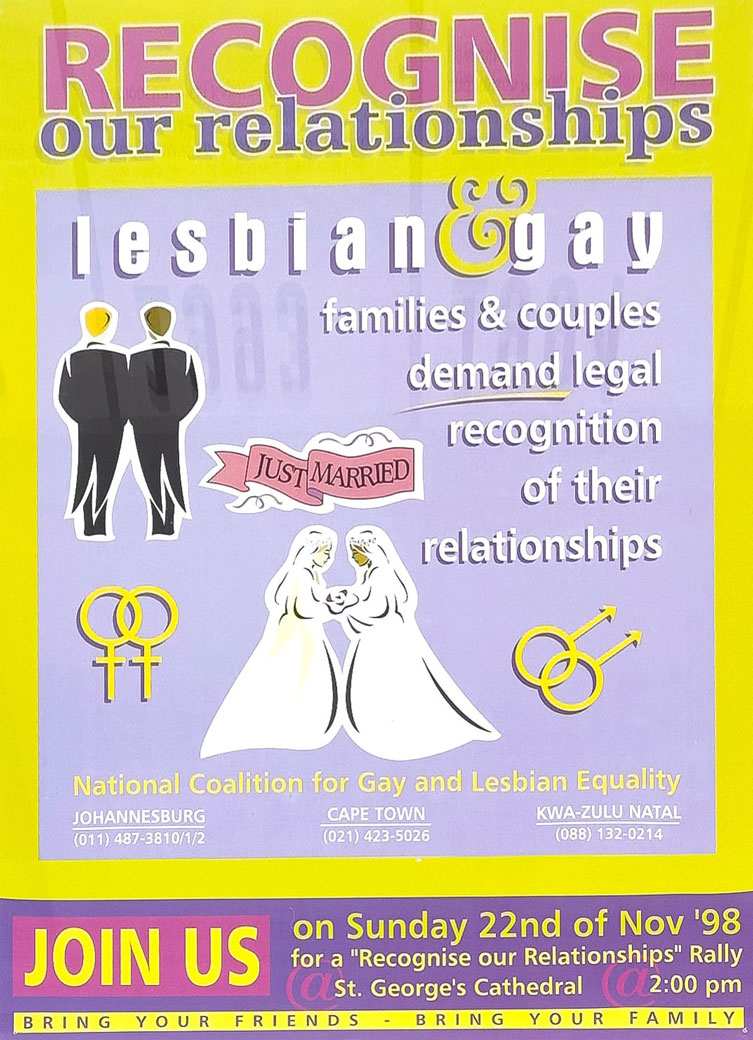Let’s Talk About Sex
Sexual Orientation
Who we find physically attractive is an important part of our identity.
Heterosexual, lesbian, gay, bisexual, asexual, pansexual …
Sexual orientation denotes our romantic, emotional and sexual attraction to another person. Various kinds of sexual orientation exist. Heterosexual people, for example, are attracted to people of the opposite sex, homosexual people to people of the same sex and pansexual people zu people of both sexes. Even though sexual orientation is a personal and individual experience, not all orientations are equally acceptable in society. Depending on the country, culture or religion, homosexuality is illegal, for example. In Switzerland, homosexuality has been legal since 1942. In 1994, South Africa was the first country worldwide to prohibit discrimination due to sexual orientation in its constitution.
“The state may not unfairly discriminate directly or indirectly against anyone on one or more grounds, including race, gender, sex, pregnancy, marital status, ethnic or social origin, colour, sexual orientation, age, disability, religion, conscience, belief, culture, language and birth.”
South Africa, Bill of Rights, Chapter 2, Section 9
Coming-out
Coming-out means making one’s sexual orientation known. This is an important and difficult step to take, above all for people who do not correspond to the heterosexual majority. A coming-out can often be very stressful, particularly, when people react with rejection and family or friends distance themselves.

Marriage for all!
Both in Switzerland and in South Africa, the legalisation of same sex marriages is considered to be a sign of equality. As a result, homosexual married partners have the same rights and duties as heterosexual married couple. South Africa was the first country in Africa and the fifth worldwide to legalise marriage for all in 2006. Switzerland converted registered partnership into marriage in 2022.

“My mission is to re-write a Black queer and trans visual history of South Africa for the world to know of our resistance and existence at the height of hate crimes in South Africa and beyond.”
Zanele Muholi, 2023
Statistics on Hate Crime
Violent crimes against members of the LGBTQIA+ community are an everyday occurrence. In Switzerland, the “LGBTIQ-Helpline” registered three calls per week in 2022. It can be assumed that the number of unreported cases is large. Different Swiss queer associations draw up an annual Hate Crime Report; compared to the previous year, the number of reported cases doubled in 2022. Overall, trans and non-binary people are affected more than homosexuals. Of all the cases registered in 2023, 20% of the people affected suffered physical violence.
There are no precise figures available for South Africa, however, despite the liberal laws violent crimes are committed there, above all in the townships. So-called «corrective rapes» are widespread, their aim being to force the raped people into heterosexuality and gender conformity. Zanele Muholi documents survivors of violent crimes in the series Only Half of the Picture. The identity of the people portrayed remains concealed in order to protect their physical wellbeing, their dignity and their privacy.



